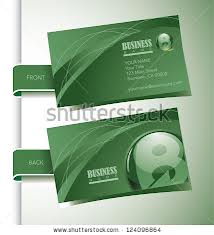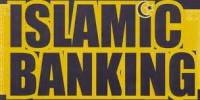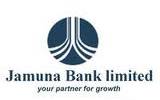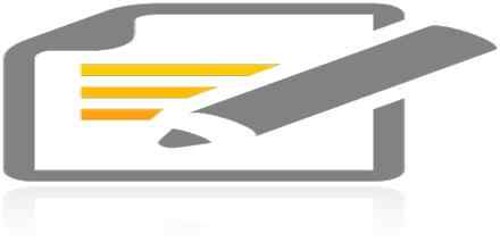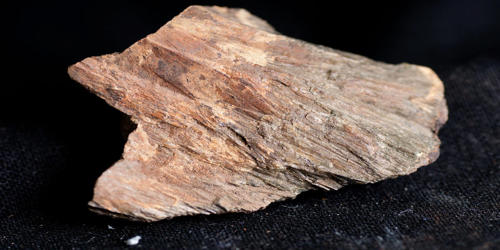Back to Back Letter of Credit (BTB):
Bangladesh is a developing country. After receiving order from the importer, very frequently exporters face problems of scarcity of raw material. Because of some raw materials are not available in the country. These have to be collected from abroad. In that case, exporter gives lien of export L/C to bank as security and opens an L/C against it for importing raw materials. This L/C is called Back To Back L/C. In back to back L/C, ABBL keeps no margin.
Sometimes there is provision in the export UC that the importer can use the certain portion of the export L/C amount for importing accessories that are necessary for the making of the product. Only in that case, BTB is opened.
Payment of Back to Back LC:
Client gives the payment of the BTB L/C after receiving the payment from the importers. But in some cases, client sells the bills to the ABBL. But if there is discrepancy, the ABBL sends it for collection.
In case of BTB L/C, ABBL gives the payment to the beneficiary after receiving the payment from the UC of the finished product (i.e. exporter). Bank gives the payment from DFC Account (Deposit Foreign Currency Account) where Dollar is deposited in national rate.
For BTB L/C, opener has to pay interest at LIBOR rate (London Inter Bank Offering Rate). Generally LIBOR rate fluctuates from 3% to 5%.
A schedule named Payment Order; Forwarding Schedule is prepared while making the payment. This schedule is prepared when the payment of UC is made. This schedule contains the followings:
- Reference number of the beneficiary’s bank and date.
- Beneficiary’s name.
- Bill value.
- Payment order number and date.
- Equivalent amount in Taka.
Advance against Red-clause Letter of Credit:
Under Red clause letter of credit, the opening bank authorizes the Advising Bank/Negotiating Bank to make advance to the beneficiary prior to shipment to enable him to procure and store the exportable goods in anticipation of his effecting the shipment and submitting a bill under the L/C. as the clause containing such authority is printed in red ink, the L/C is called Red clause and Green clause respectively. Though it is not prohibited, yet very rare in Bangladesh.
Post Shipment Credit:
This type of credit refers to the credit facilities extended to the exporters by the banks after shipment of the goods against export documents. Necessity for such credit arises as the exporter cannot afford to wait for a long time for without paying manufacturers/suppliers. Before extending such credit, it is necessary on the part of banks to look into carefully the financial soundness of exporters and buyers as well as other relevant documents connected with the export in accordance with the rules and regulations in force. Banks in our country extend post shipment credit to the exporters through-.
Negotiation of documents under L/C
Foreign Documentary Bill Purchase (FDBC)
Advances against Export Bills surrendered for collection;
Negotiation of documents under L/C:
The exporter presents the relative documents to the negotiating bank after the shipment of the goods; a slight deviation of the documents from those specified in the L/C may raise an excuse to the issuing bank to refuse the reimbursement of the payment already made by the negotiating bank. So the negotiating bank must be careful prompt, systematic and indifferent while scrutinizing the documents relating to the export.
Foreign Documentary Bill Purchase (FDBC):
Sometimes the client submits the bill of export to bank for collection and payment of the BTB L/C. In that case, bank purchases the bill and collects the money from the exporter. ABBL subtracts the amount of bill from BTB and gives the rest amount to the client in cash or by crediting his account or by the pay order.
For this purpose, ABBL maintains a separate register named FDBC Register. This register contains the following information:
- Date
- Reference number (FDBC)
- Name of the drawer
- Name of the collecting bank
- Conversion rate
- Bill amount both in figure & in Taka.
- Export form number
- Export L/C number
Advances against Export Bills surrendered for collection:
Banks generally accept bills for collection of proceeds when they are not drawn under an L/C or when the documents, even though drawn against an L/C contain some discrepancies. The bank generally negotiates bills drawn under L/C, without any discrepancy in the documents, and the exporter gets the money from the bank immediately. However, if the bill is not eligible for negotiation, the exporter may obtain advance from the bank against the security of export bill. In addition to the export bill, banks may ask for collateral security like a guarantee by a third party and equitable/registered mortgage of property.
Export Documents Checking:
General verification: –
L/C restricted or not.
Exporter submitted documents before expiry date of the credit.
Shortage of documents etc.
Particular verification:
Each and every document should be verified with the L/C
